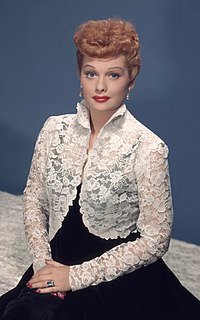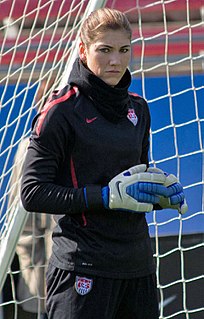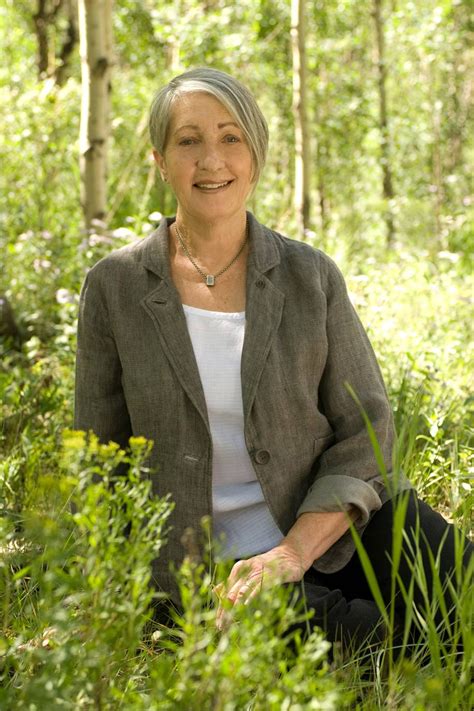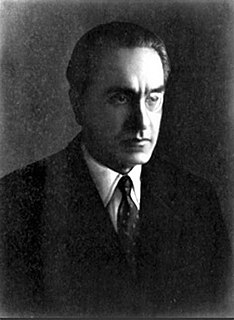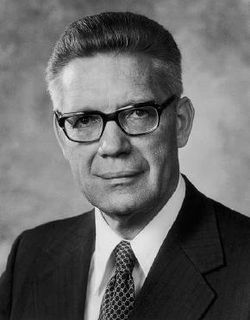A Quote by Lucille Ball
My ideal of womanhood has always been the pioneer woman who fought and worked at her husband's side. She bore the children, kept the home fires burning; she was the hub of the family, the planner and the dreamer.
Related Quotes
[T]he regime of diversions, surrogates, and tranquilizers that pass for today's 'distractions' and 'amusements' does not yet allow the modern woman to foresee the crisis that awaits her when she recognizes how meaningless are those male occupations for which she has fought, when the illusions and the euphoria of her conquests vanish, and when she realizes that, given the climate of dissolution, family and children can no longer give her a sense of satisfaction in life.
In domestic life the woman's value is inherent, unquantifiable; at home she exchanges proven values for mythological ones. She "wants" to be at home, and because she is a woman she's allowed to want it. This desire is her mystique, it is both what enables her to domesticate herself and what disempowers her.
In domestic life, the woman's value is inherent, unquantifiable; at home she exchanges proven values for mythological ones. She 'wants' to be at home, and because she is a woman, she's allowed to want it. This desire is her mystique, it is both what enables her to domesticate herself and what disempowers her.
Where woman has taken her place in business she has found her method ready-shaped for her, and following that, she does her work,if with a certain amount of monotony, yet without undue fatigue. Her hours are fixed, and as a rule she gets needful change of scene as she goes to her business and returns to her home or the place where she lives. But the "home- maker" has not, nor can she have, any such change, and her hours are always from the rising of the sun beyond the going down of the same.
I think about how truly interesting and odd it is that when a woman marries, traditionally she loses her name, becoming absorbed by the husband's family name - she is in effect lost, evaporated from all records under her maiden name. I finally understand the anger behind feminism - the idea that as a woman you are property to be conveyed between your father and your husband, but never an individual who exists independently. And on the flip side, it is also one of the few ways one can legitimately get lost - no one questions it.
But what I kept wondering about is this: that first second when she felt her skirt burning, what did she think? Before she knew it was candles, did she think she'd done it herself? With the amazing turns of her hips, and the warmth of the music inside her, did she believe, for even one glorious second, that her passion had arrived?
One thing I did have under my belt was, my mother lost her mother when she was 11. She mourned her mother her whole life and made my grandmother seem present even though I never met her. I couldn't imagine how my mom could go on but she did, she took care of us, she worked two jobs and had four children. She was such a good example of how to conduct oneself in a time of grief. When I lost my husband, I tried to model myself as much as I could on her.
A mother experiences more than one death, even though she herself will only die once. She fears for her husband; she fears for her children; again she fears for the women and children who belong to her children. ... For each of these-whether for loss of possessions, bodily illness, or undesired misfortune-she mourns and grieves no less than those who suffer.
